- Islamabad
- 33.8°C
- Today ( Thursday, 5 June 2025)
Fostering Regional Cooperation for a Collective Future
The South Asian Association for Regional Cooperation (SAARC) stands as a testament to the aspirations of South Asian nations to forge a united path toward shared prosperity and development. Established on December 8, 1985, with the signing of the SAARC Charter in Dhaka, Bangladesh, the organization comprises eight member states: Afghanistan, Bangladesh, Bhutan, India, Maldives, Nepal, Pakistan, and Sri Lanka. Founding Principles: SAARC was founded on the principles of mutual respect, sovereignty, non-interference in internal affairs, and peaceful resolution of disputes. The organization aimed to promote economic and regional integration, fostering collaboration in areas such as agriculture, trade, science and technology, culture, and social development. Objectives: Promoting Economic Cooperation: SAARC endeavors to enhance economic cooperation among member states, with a focus on reducing trade barriers, promoting investments, and fostering joint initiatives for sustainable economic growth. Social and Cultural Collaboration: Recognizing the rich diversity of South Asian cultures, SAARC seeks to strengthen social ties and cultural exchanges among member nations. The organization acknowledges the importance of cultural heritage in building stronger regional bonds. Addressing Common Challenges: SAARC provides a platform for member countries to collectively address common challenges such as poverty, climate change, terrorism, and natural disasters. The organization facilitates dialogue and cooperation to find shared solutions. People-to-People Connectivity: SAARC aims to enhance people-to-people connectivity through increased tourism, educational exchanges, and collaborations in various fields. This approach fosters a sense of solidarity and understanding among the diverse populations of the region. Challenges and Opportunities: While SAARC has made significant strides in certain areas, it has faced challenges in realizing its full potential. Political differences and historical tensions between member states have sometimes hindered the organization's effectiveness. However, the potential for regional collaboration remains immense, with opportunities to leverage the collective strength of South Asian nations for the greater good. SAARC in the 21st Century: In recent years, SAARC has seen renewed efforts to revitalize its agenda. Member states have emphasized the need for pragmatic and result-oriented cooperation, recognizing that regional stability and progress are interlinked. Initiatives like the SAARC Development Fund and the SAARC COVID-19 Emergency Fund reflect the organization's adaptability to contemporary challenges. Future Prospects: The success of SAARC lies in its ability to transform regional challenges into opportunities for cooperation. As geopolitical dynamics evolve, the organization must stay resilient and adaptive. Embracing digital technologies and innovative solutions can further enhance connectivity and collaboration among member nations. In a rapidly changing global landscape, SAARC remains a beacon of hope for regional unity and prosperity. The organization's journey continues as it navigates complexities, builds trust, and works toward a South Asia that thrives on shared values, common goals, and mutual respect.
-
Lionel Messi, the football maestro, has been crowned TIME's Athlete of the Year 2023, surpassing renowned athletes Erling Haaland and Novak Djokovic. His record-breaking 8th Ballon d'Or further solidifies his legendary status in the world of football. Messi's pi...
-
In a bid to foster emerging talent in women's cricket, the Pakistan Cricket Board (PCB) has granted domestic contracts to 11 additional women cricketers, pushing the total number of domestic contracted players to 80. Among the recent inductees, one hails from the emergi...
Get Newsletter
Subscribe to our newsletter to get latest news, popular news and exclusive updates.


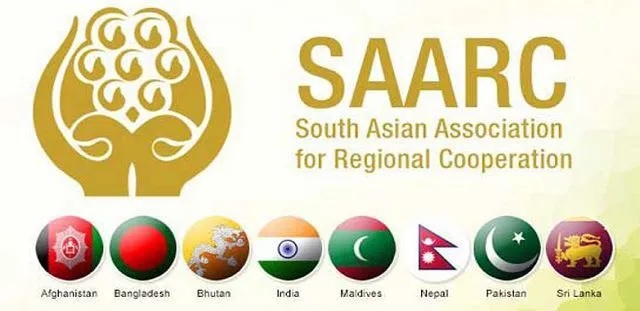





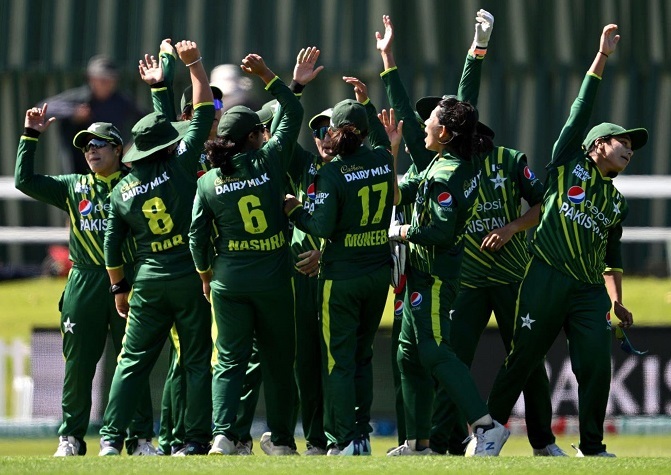

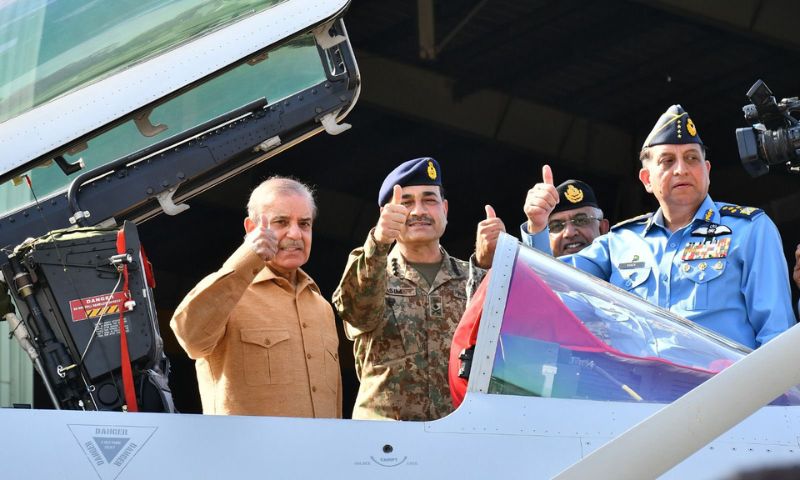
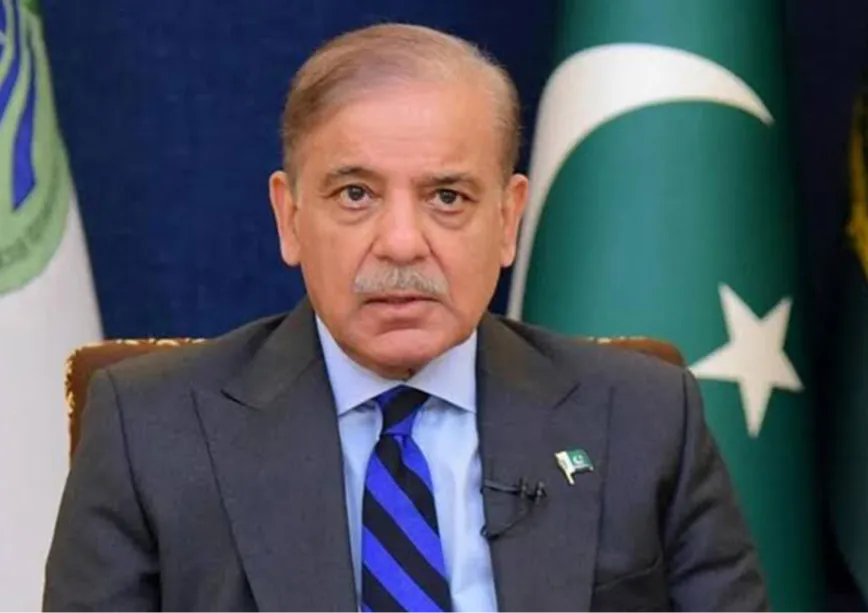




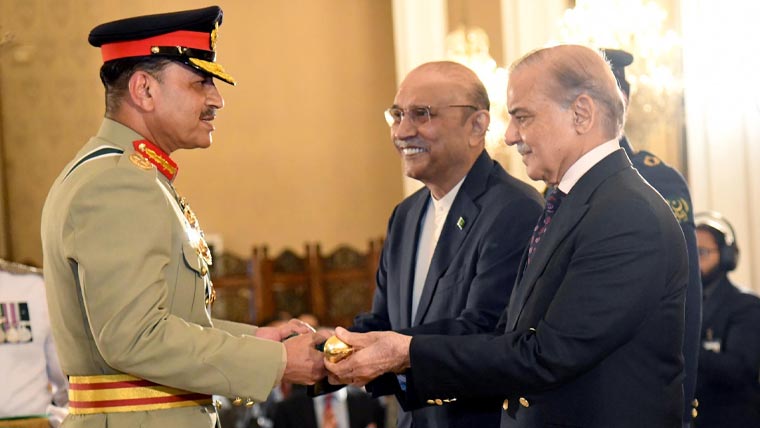


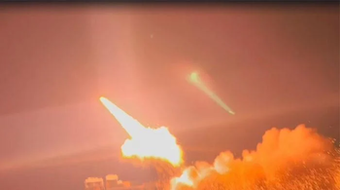




Facebook Comments